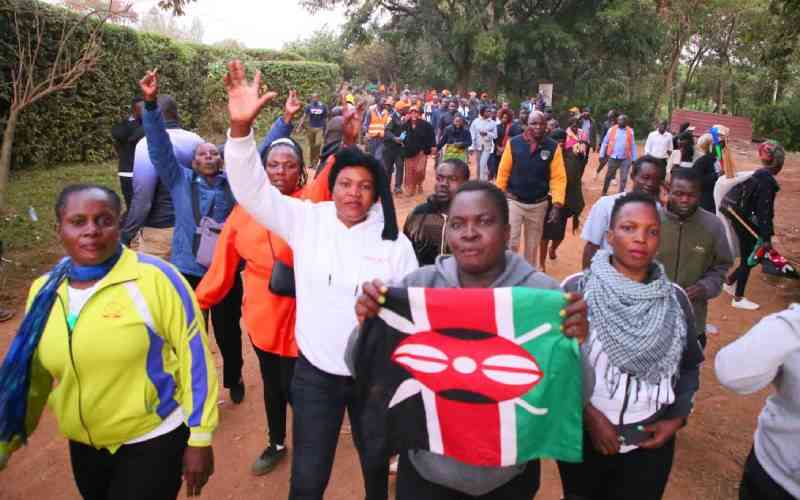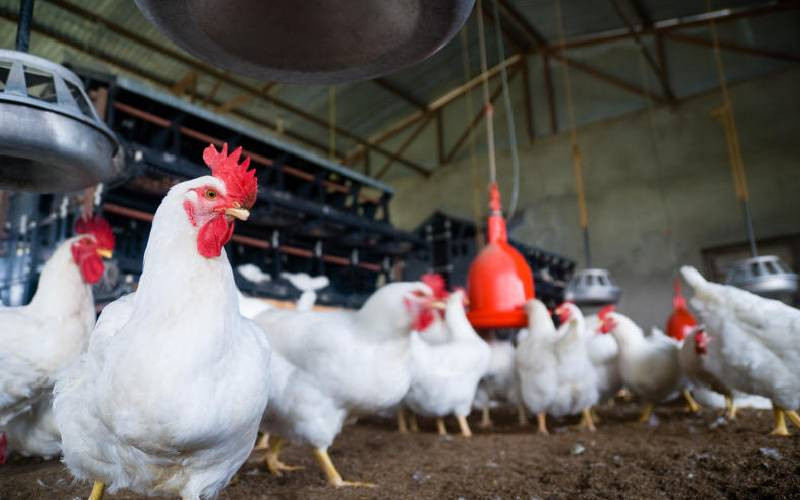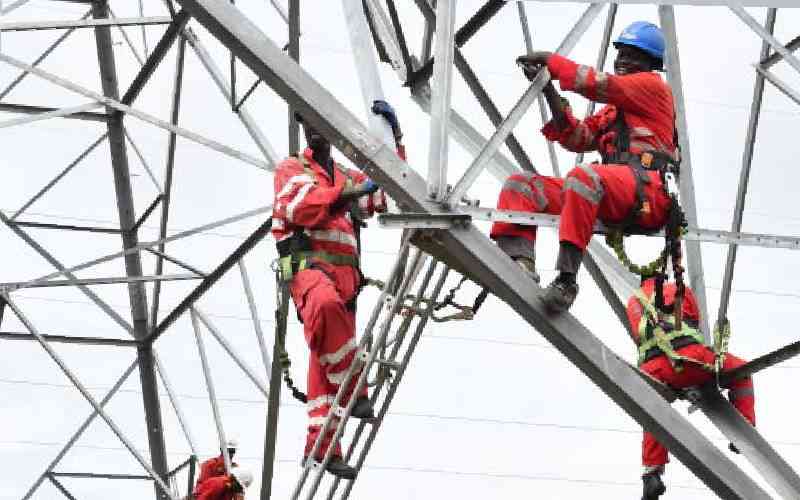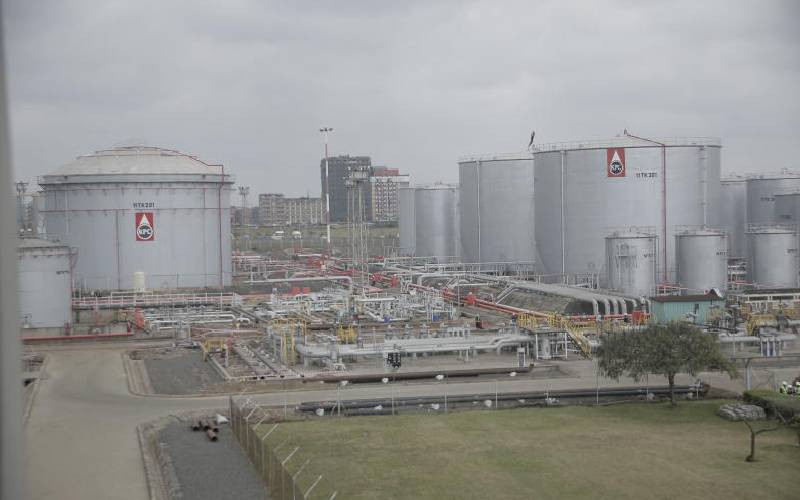
Former Prime Minister Raila Odinga will be laid to rest on Sunday at his father’s home in Kan’go, Bondo, in a modest ceremony that breaks from the elaborate Luo funerary customs long associated with power and prestige.
Unlike the multi-day feasts and large gatherings typical in Luo Nyanza, Odinga’s burial will have no slaughtering of animals or large-scale cooking for mourners.
Elders said the decision follows the late leader’s personal wish for simplicity and financial restraint.
“Odinga believed that death should not burden families or communities financially. He often told us funerals should be simple and resources should not be wasted to feed crowds,” said Luo Council of Elders Bondo Sub-county Chairman Maurice Oloo.
Oloo noted that traditional Luo practices once placed the responsibility of feeding mourners on neighbours rather than the bereaved family.
“When one died, there was no budget. Villagers brought foodstuffs to the family until mourning ended. The bereaved were exempted from any work,” explained Oloo.
Preparations at Opoda Farm and Kan’go Ka Jaramogi have centred on maintaining order and dignity rather than spectacle.
Security has been heightened as thousands of mourners, including local and international dignitaries, gather for the service expected to reflect Odinga’s belief in humility and restraint.
In Luo culture, funerals are often major social events marked by music, animal slaughter and prolonged feasting.
However, growing concern over rising costs has led some religious and community leaders to call for moderation, a message Odinga himself supported in life.
“When he made it in his will that he should be buried within 72 hours, that was within our traditions because burials were done within three days,” said elder Odida Buoga.







